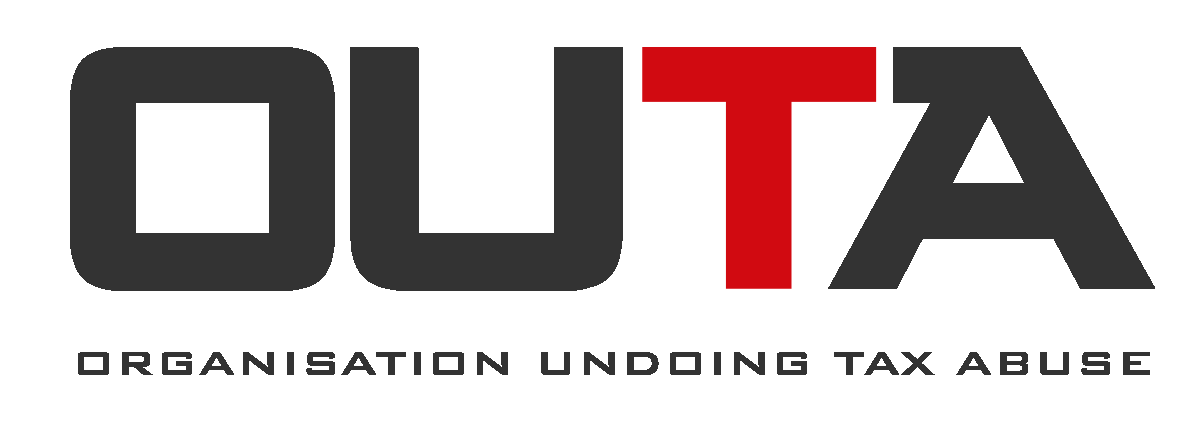Onerous e-tolls costs and process issues predicted
OUTA is perturbed but not surprised at the concerns and growing incidents of debt and debt-rescue cases arising as a result of e-tolling, as was reported yesterday (14 January 2014) by Neil Roets, the CEO of Debt Rescue – ‘Toll fees drive consumers deeper into debt’.
Onerous e-tolls costs and process issues predicted
One of the many unintended consequences many predicted of e-tolling was that of increased costs to business and households. Many medium to smaller businesses are simply unable to absorb the high costs of e-tolls incurred by their fleets of vehicles which traverse the length and breadth of the region. In a number of instances, many businesses have simply had to pass these costs on to the consumer and the public are reluctantly on the receiving end of the stick.
What SANRAL and the authorities played down during OUTA’s court challenge, was the concerns of additional costs for fleet owners, who now have to employ extra staff and systems to manage the e-toll bills, erroneous charges (and there are many such examples), cloned number plates, billing discount errors, faulty and missing tags etc.
The freeway user’s precious personal time is now being taken up by paying for tolls, checking e-toll bills, querying errors etc. The onerous conditions of managing e-tolling accounts and tags in vehicles, especially for business, has become a costly problem and a nightmare for many. On this note, one wonders why the questionable economic cost to benefit ratio of 8.4:1 (used to justify the tolling decision in 2011 & 12), has not been verified through independent studies, now that the freeway upgrade has been in place for two years.
Since e-tolling started on 3 December 2013, the extent and intensity of the complaints received by the Opposition to Urban Tolling Alliance (OUTA) from the public and businesses - with and without e-tags - has clearly demonstrated that SANRAL’s systems are under pressure and relying on inaccurate or meaningless data. Furthermore, the examples shown to OUTA indicate that SANRAL’s complaint lines and call centers are struggling to cope with the calls and queries they are being bombarded with. All of this against a backdrop of earlier comments from SANRAL that they have been “operating and testing the system for the past two years” gives rise to serious concerns about the robustness and workability of the system.
“As we have said in the past, laws and regulations are only as good as they are governable” says John Clarke, OUTA spokesperson, “and this specific e-tolling project is grossly inefficient, largely unworkable and difficult to enforce. The administration costs will more than likely outweigh the collection income and the system will eventually collapse, as it has in so many other instances and countries around the world with similar (even lesser) challenges”.
